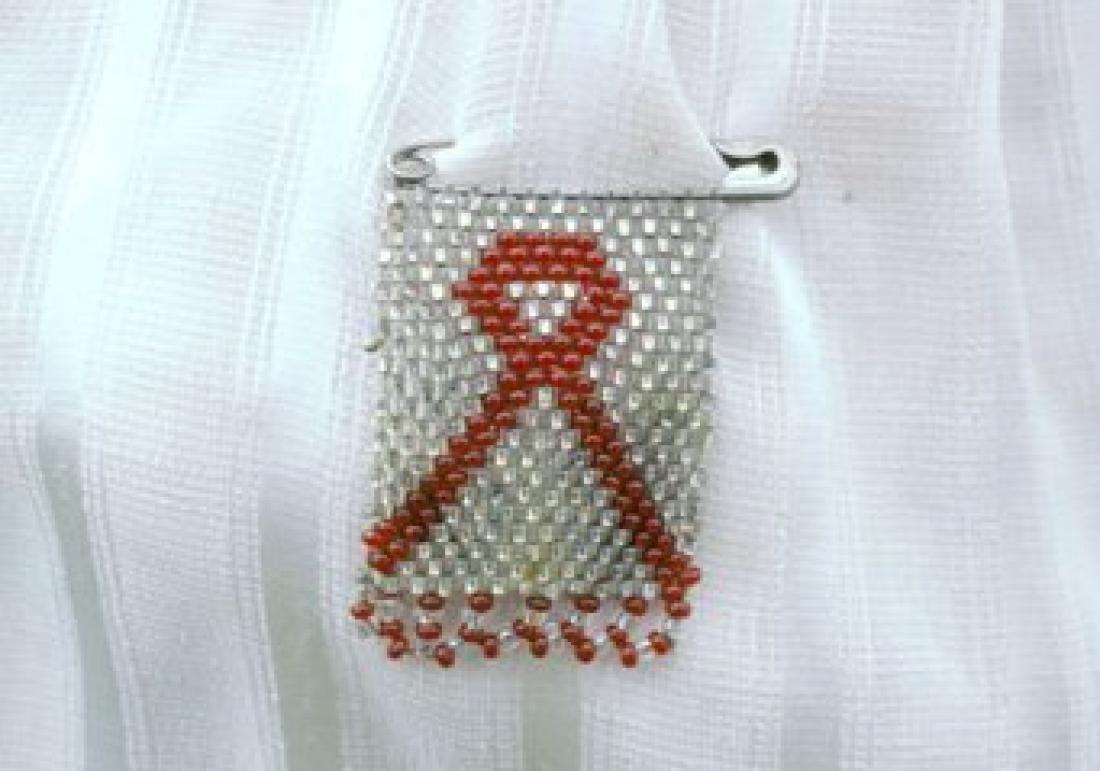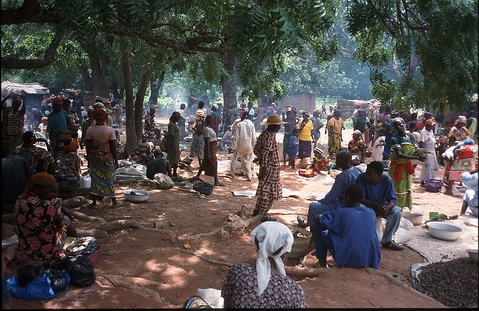Researchers are strengthening the abilities of institutions in African countries to conduct clinical trials to prevent HIV.
By Guy Sabourin
This article is translated from French and was first published in the April-May 2008 issue of Découvrir magazine (volume 29, number 2).
Twenty years ago the HIV/AIDS epidemic was devastating Benin, and the country had few means to combat it. Today, the war against AIDS is still not over, but many battles have been won. This is thanks to, among other things, the tenacity of researchers like Michel Alary, who is affiliated with the Centre hospitalier affilié universitaire de Québec and has been working in Benin for 15 years.
"The HIV epidemic in Benin can be considered to be under control," he said in a telephone interview from this small West African nation of about 7 million people. "About 1.2% of the population is infected, which indicates a stabilization over the past decade, whereas prevalence can reach 15% in southern African nations."
This Université Laval researcher has already cemented strong ties in Benin through a range of cooperation and research projects on HIV prevention. For example, his many studies of sex trade workers led to interventions that proved to be crucial to controlling the epidemic.
Today, along with Marcel Zannou of Université d'Abomey-Calavi in Benin, he is a recipient of funding from Canada's Global Health Research Initiative — thanks to the support of five Canadian agencies: Health Canada, the Canadian Institutes for Health Research, the International Development Research Centre, the Canadian International Development Agency and the Public Health Agency of Canada. The goal of the Quebec and Benin researchers is to strengthen the abilities of institutions in African countries to conduct clinical trials to prevent HIV.
To this end, Alary will be spending a lot of time training not only researchers from Benin, but also those from Gabon, Burkina Faso, Togo, and Côte d'Ivoire. A critical mass of medical and paramedical personnel will also be trained to conduct HIV prevention trials; there will be laboratory training in Canada and Cotonou and distance education in laboratory sciences at Université Laval.
All these efforts to develop AIDS prevention research in Benin would still be unsuccessful without a credible ethics committee. "Several research protocols that donor agencies were ready to fund were blocked because there was no such committee. For example, it could have explained to foreign researchers what is and what is not done in Benin, and to researchers from that country the importance of complying with international quality standards," said Flore Gangbo, a former Benin health minister who is now a professor in the faculty of health sciences at Université d'Abomey-Calavi and chair of the national ethics committee on health research.
"We backed the starting up a permanent ethics committee last year," Alary added. "We supported it in all of its steps so that it would be recognized by agencies such as the Canadian Institutes of Health Research and the National Institutes of Health in the United States. We are especially proud to have created a local structure that will be completely functional at the end of the project."
Alary is also working on creating an HIV prevention research unit at Université de Cotonou. "Thanks in part to our work, I think that today, Benin has one of the best HIV tracking systems in all of West Africa," concluded this man who loves working in the tropics and wants to continue to do so for a long time to come.
Guy Sabourin is a Montréal-based writer





